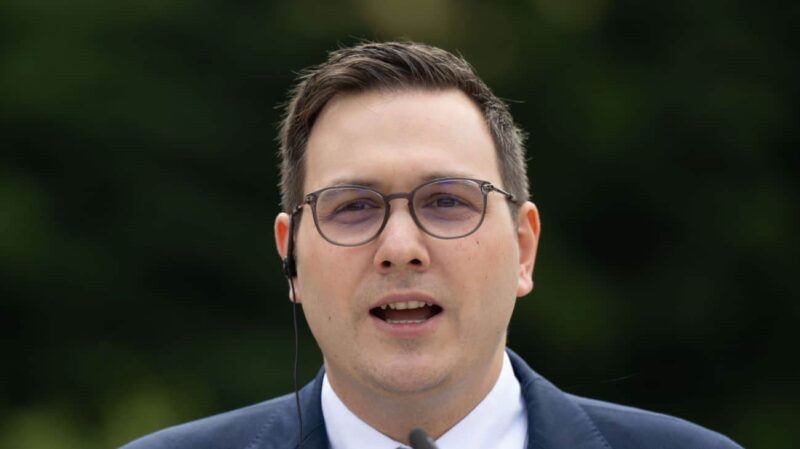The Czech Foreign Minister compared Putin’s statements about a “ceasefire” to a hidden trick: “It’s like declaring a fast and secretly sneaking candies

" Czech Foreign Minister Jan Lipavský did not hold back in his assessment of Russia’s statements regarding a supposed “Easter ceasefire” in Ukraine. During a Sunday broadcast on CNN Prima NEWS, he compared this wordplay to a situation where someone announces fasting but secretly eats candies during a break. This metaphor described the insidious nature of Russian statements and their true essence. "Analyzing the situation, one cannot ignore the fact that Russia is once again trying to present itself as a peace-loving party. But in reality, it’s different. It’s like declaring a fast — for example, between breakfast and lunch — and secretly eating candies during the break. We have clear proof that shelling in Ukraine continues, and reports of an alleged ceasefire are just media illusion, a trick to create an illusory picture of peace," Lipavský stated. The minister emphasized that Russia refuses to agree to a 30-day ceasefire, which the Ukrainian side has already supported. "Putin has never given a clear consent to such a prolonged ceasefire and constantly proposes new conditions. By breaking promises, Russia tries again and again to play to the public, while the reality is not so. We must look at facts, not at words," the diplomat added. According to him, if Russia genuinely sought peace, it wouldn’t have started the war at all. "Russian aggression is not an accident but a conscious choice, and the only thing that can stop it is Ukraine’s ability to defend itself and stand up for its interests. After everything that has happened, it is important to understand: peace requires not just words but real actions," the minister emphasized. What preceded these statements? A well-known incident occurred on Saturday when Russian President Vladimir Putin announced an “Easter ceasefire,” supposedly lasting from the evening of April 19 until midnight on April 21. His goal was to pause fighting in Ukraine for a short period. However, within a few hours, this regime was broken, and shelling resumed. This again underscores that Russia’s “ceasefire” is more of a declaration designed to create a media image of peace rather than a genuine intention to stop the war. It should be noted that the European Commission has already responded to this situation, emphasizing that Moscow could easily end the war if it wished and would not use such maneuvers as distraction. In London, calls were made for Russia to implement an absolute and unconditional ceasefire, underlining that a short-term pause is insufficient — a complete halt to hostilities is necessary to have any chance at a peaceful outcome.

